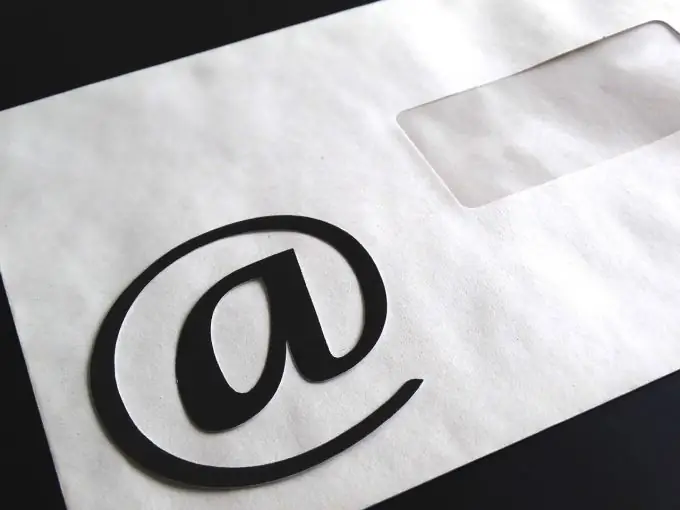Despite the abundance of communication channels, e-mail remains the most reliable for business contacts. Its obvious disadvantage before verbal contact is that the recipient can simply ignore the letter. In order not to write into the void, it is important to know the rules of business email correspondence.

The theme is all over
The effectiveness of electronic business correspondence largely depends on the right topic. Having scrolled through the list of sent messages, the recipient will probably leave a letter without a subject at the very end of the working day, giving preference to more important titles.
Subject in the format "from Alexander", "for Vitaly" and other abstract headers are appropriate only if the recipient is waiting for a letter and in a recent conversation has been informed about the imminent sending of important information. For all other cases, such topics are unfortunate. They do not reflect the reason for the appeal, the essence of the letter and the importance.
A well-defined sentence of 2-4 words is considered a good topic. For example: "Draft report for approval", "Commercial offer from LLC" Business-Trade "," On the supply of slate "," Slate. Proposal for consideration ".
Regardless of the purpose of the appeal, the author of the letter should be careful about attracting attention. So, the notes "Urgent!", "Director personally", "Important!" should be indicated in the subject line only in cases where the message really has an extreme degree of significance, and not only for the sender, but also for the recipient. If each letter from the same contact person is accompanied by unjustified signs of attention, the recipient will stop responding to them, and in extreme cases, will send them to the black list or redirect to subordinates.
Appeal
The email should start with a message. It is imperative to use the recipient's full name and write them without errors. An attentive addressee who noticed a spelling mistake in his name will certainly lose confidence in the author of the appeal and interest in continuing the dialogue.
To prevent this from happening, even with mass mailing, you should not neglect to proofread the text of the cover letter before sending it. Errors most often can hide in case endings when addressing, writing complex surnames. Regardless of the status of the recipient, it is more correct to apply by name and patronymic, if they are not known, then it is permissible to use traditionally neutral constructions: "Good afternoon", "Hello". If the author and the recipient of the letter live in different time zones, the following appeal is allowed: "Good day", "Good hour".
Appreciate your own and other people's time
The email should be short, clear, and devoid of annoying or unnecessary details. This quality is especially important in cases where electronic correspondence serves as the beginning of business cooperation, and not its continuation.
In the first paragraph of the appeal, the author must introduce himself if the correspondence was not previously conducted or was interrupted for a long time ago. The optimal design for this is the traditional phrase: “You are worried about an employee of the“Business Trade”company Vasily Kuznetsov. I would like to continue our conversation about consideration of the proposal for the supply of a channel”.
Further, the offer itself should be presented as succinctly as possible and, as an extended source of information, a commercial offer should be attached to the letter.
All complete thoughts in a sentence should be logically divided into paragraphs, lists should be entered, bold highlighting and underlining should be used appropriately, which improves the reader's perception of information and reduces the time to immerse in the topic. Typically, an email rarely contains more than 3-5 paragraphs.
Final construction
It is reasonable to end emails with a business goodbye in the style: "With best wishes, …", "Sincerely to you, …", etc. But with such farewell words as "Always yours, …" tone and excessive convergence can be ambiguous for the recipient.
The signature must be accompanied by contact details. It is important to indicate phone numbers, fax, the official website of the organization being represented, as well as a backup e-mail address, because the recipient sees the contact address in the letter itself.
Thoughts arising in the process of preparing a document should not be formalized in a postscript. As you know, such an expression of belated ideas for writing is appropriate only in personal correspondence. And electronic typing allows you to modify the text content of the appeal at any time. Use in a letter P. S. may be negatively perceived by the recipient, who, not without reason, may think that the addressee took the time to harmoniously include additional information in the letter and decided to confine himself to a hasty postscript.






